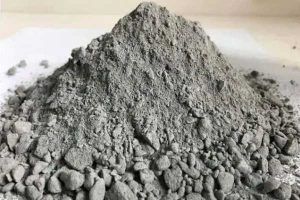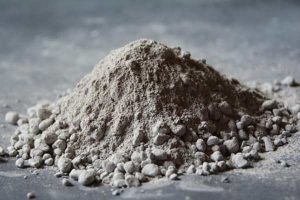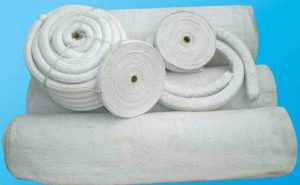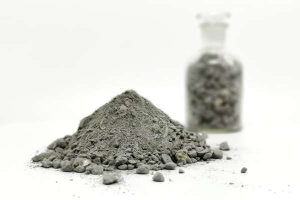Types Of Castable
There are many types of castables. The basic refractory aluminum castables are also very widely used, but some special industries or special construction bits require more advanced castables. Since ordinary castables can not reach the performance, such as strength, such as temperature. Today this article is about steel fiber castable.
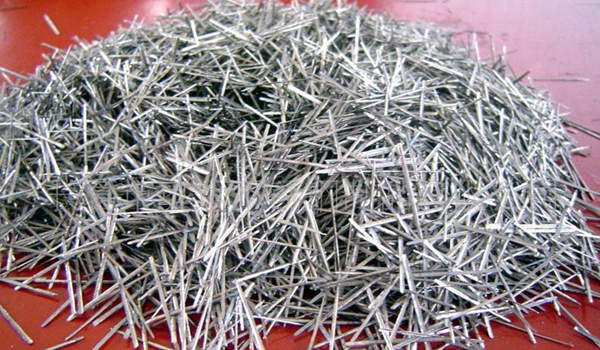
What Is Steel Fiber Castable?
Steel fiber castable is made by using special grade bauxite clinker as aggregate, high-quality bauxite clinker and corundum fine powder as a matrix, super micro powder, and other composite materials as binding agents and additives, plus stainless steel heat-resistant fiber.
In addition to the conventional high temperature and wear resistance, the product has a certain amount of heat-resistant stainless steel fibers added to the ingredients. It prevents damage to the furnace wall caused by the difference between the aggregate and the matrix at high temperatures and the stress caused by the change of temperature gradient when starting and stopping the furnace.
Pada saat yang sama, the overall strength of the furnace wall is greatly enhanced after the material is poured due to the addition of steel fibers. In CFB boilers, it is commonly used in the furnace outlet and side walls, top, cyclone separator straight section, cyclone separator top, return feeder, dan bagian lainnya.
Characteristics Of Steel Fiber Castable
The heat-resistant steel fiber of steel fiber refractory castable should be selected according to the use conditions of the thermal equipment and its suitable amount should be determined.
Its preparation process: firstly weighing refractory aggregate, powder, binding agent, and admixture, dry mixing for 1min.
Kedua, add water to the wet mixing practice, and the steel fiber evenly scattered into the material, shall not form a mass.
Finally mixing 1min can be discharged. The total mixing time shall not be less than 5min. When using vibrating bar molding, the vibration shall be staggered, so that the steel fiber cloth is reasonable and the performance can be improved.
The performance of steel fiber refractory castable is excellent, especially at low and medium temperatures, the strength increases significantly, and at high temperatures, it increases.
It may be that the properties of the refractory castables themselves should be noted that the properties of steel fiber refractory castables tested at low and medium temperatures.
Such as thermal shock resistance and mechanical impact resistance, dll., are significantly higher than that of unadulterated steel fiber.
Namun, with 1400 ℃ high-temperature flexural strength and slag resistance, steel fiber refractory castable is not as good as refractory castable without steel fiber.
Selain itu, steel fiber is expensive, the melting temperature is about 1400 ℃ and the critical oxidation temperature is about 1000 ℃, so long-term use at high temperatures should be cautious.
Application Scenarios Of Steel Fiber Taught Refractories
Steel fiber castables are used in the boiler and the exit, top and side walls of the furnace chamber.
It is widely used in the steel, metallurgy, bahan kimia, and building materials industries. Its use is to be completed according to the manufacturer’s operating instructions for use.
The preferred formula and raw materials are selected, stirred, and processed evenly, then pounded with a vibrating rod, and then maintained and heated.
Because of the specificity of the parts where the unshaped castables are used, the construction quality of the castables needs to be guaranteed according to the site conditions.
For the important part of the castables, high alumina clinker is used as the aggregate and powder, and appropriate steel fibers are added to the castables to strengthen them. Its characteristic features are high strength, good toughness, stabilitas kejutan termal yang baik, anti-flaking, and wear resistance. It is used for the part of the furnace wall which is easy to break down due to the change of temperature step.

